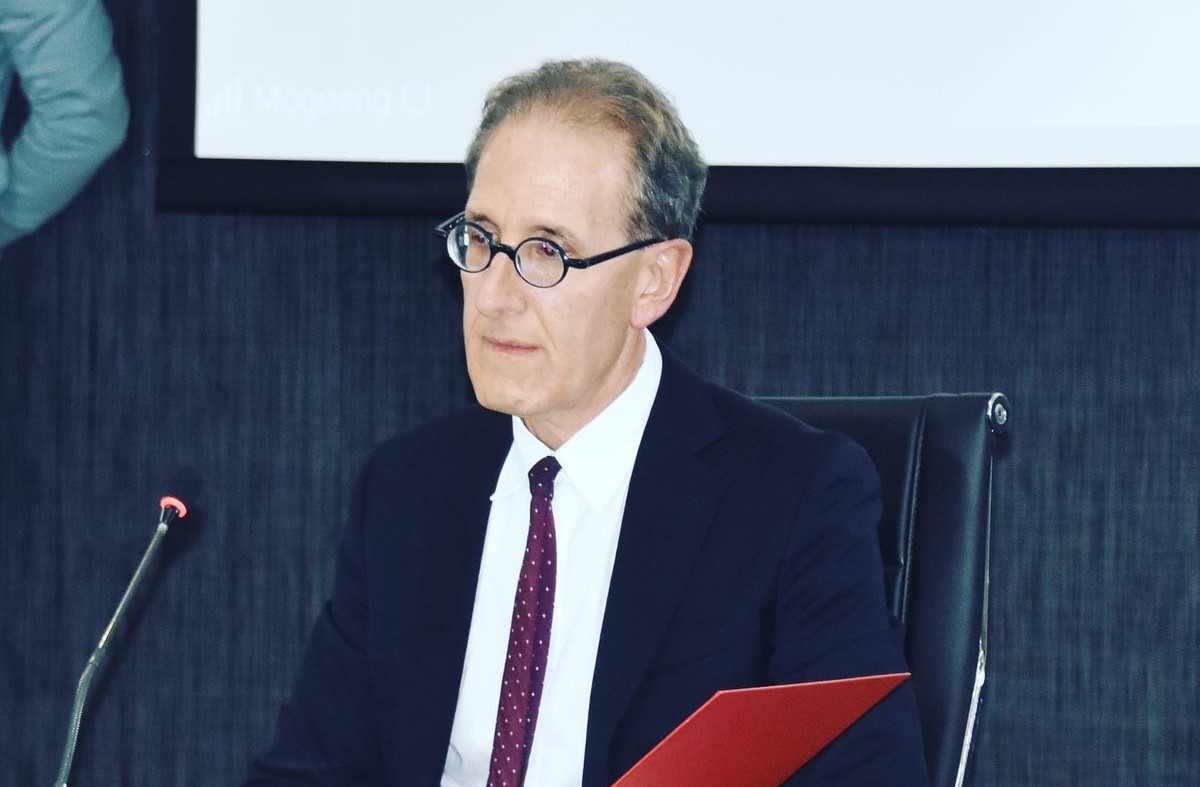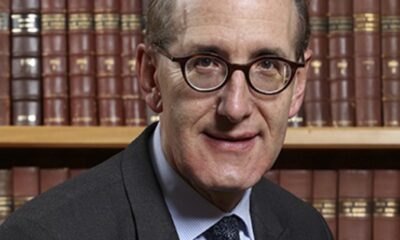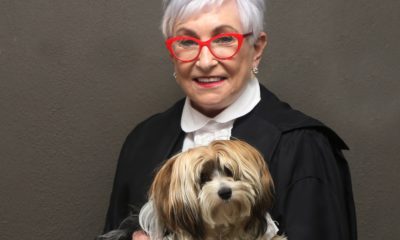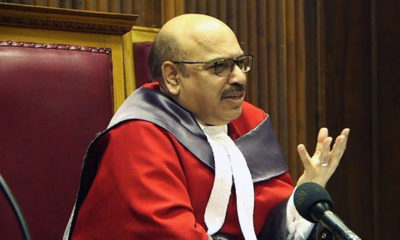
News

JSC to re-interview candidates for Constitutional Court
Esteemed Gauteng Judge David Unterhalter as well as several other prospective candidates will have another chance at interviewing for a position on the Constitutional Court.
The Judicial Service Commission (JSC) last week agreed to run fresh interviews for Constitutional Court nominees following a challenge from the Council for the Advancement of the South African Constitution (Casac), which criticised the interview process.
Casac spokesperson Lawson Naidoo said last week that the civil society organisation had reached an agreement with the JSC following its intention to challenge the interview process in court.
He said the JSC had agreed to the relief sought by Casac in its application to the Gauteng High Court.
Following the controversial interviews in April, Casac lodged a court application challenging the constitutionality of the JSC interviews of candidates for the vacant posts. Casac argued that the manner of questioning some of the candidates went beyond the bounds of what was permissible to determine the fitness and propriety of the candidates. It asserted that some of the questions were irrelevant, and were aimed at ambushing the candidates, which may have resulted in them suffering prejudice.
The JSC was criticised for failing to deliberate on the performance of all the candidates following the interview process.
Casac sought an order declaring the decision to shortlist five candidates invalid, and for it to be set aside.
From the start, the interviews were mired in controversy after politics seemingly played a heavy role above jurisprudential merit. Certain judges were subjected to relentless questioning and probed on their relationships with judges and judgments that affected politics.
In the main, the complaints centred on the interviews of KwaZulu-Natal High Court Judge Dhaya Pillay – a friend of Public Enterprises Minister Pravin Gordhan – and Gauteng High Court Judge Unterhalter, neither of whom made the JSC shortlist.
In the days preceding the interviews, the South African Boycott, Divestment, Sanctions (BDS) coalition tried to stop Unterhalter from being interviewed. The organisation vehemently opposed Unterhalter’s candidacy on the basis that he was associated with the South African Jewish Board of Deputies (SAJBD).
However, in spite of its attack on the judge for his association with the SAJBD, Unterhalter’s interview went ahead, but he was grilled about his involvement with the SAJBD. Unterhalter briefly assisted the Board with the upliftment and welfare of the Jewish and broader community during the direst phase of the COVID-19 pandemic last year.
The SAJBD on 14 April lambasted BDS for attempting to have Unterhalter rejected from applying for the position, describing the organisation’s efforts as “yet another shocking display of bigotry and intolerance”.
National Director Wendy Kahn said, “When calls are made for Jews who serve on the Jewish community’s democratically elected representative body to be excluded from public service, it amounts to gross antisemitism.”
Following the interviews, the names of Judge Fayeeza Kathree-Setiloane, Judge Jody Kollapen, Judge Rammaka Mathopo, Judge Mahube Molemela, and Judge Badshier Vally were submitted to the president for his final decision.
Casac was opposed to the “political questions” that commissioners such as Economic Freedom Fighter leader Julius Malema put to prospective candidates.
According to City Press, Naidoo said in his founding affidavit, “The interviews aren’t a platform for party politics; they aren’t there for the JSC to investigate and evaluate complaints against judges; and they aren’t there to give commissioners a chance to quibble with judgments they lost as litigants.
“Nor do they exist to enable individual commissioners to ventilate grudges against judges. Party political considerations and political agendas should play no role in the JSC’s decisions and processes. The JSC’s obligation to guard its independence – and, through it, the judiciary’s independence – rests on each individual commissioner as well as the JSC’s chairperson, who has ultimate responsibility for controlling the conduct of meetings, interviews, and deliberations.”
It’s understood that most of the nominees for vacancies at the Constitutional Court will be re-interviewed, and legal entities and members of the public can also have their say on the candidates.
The recommended shortlist of candidates submitted by the JSC to President Cyril Ramaphosa in April is to be set aside, and new interviews will be conducted in October.











yitzchak
August 19, 2021 at 2:41 pm
who is the chairman of the JSC?
None other than Adv Dali Mpofu